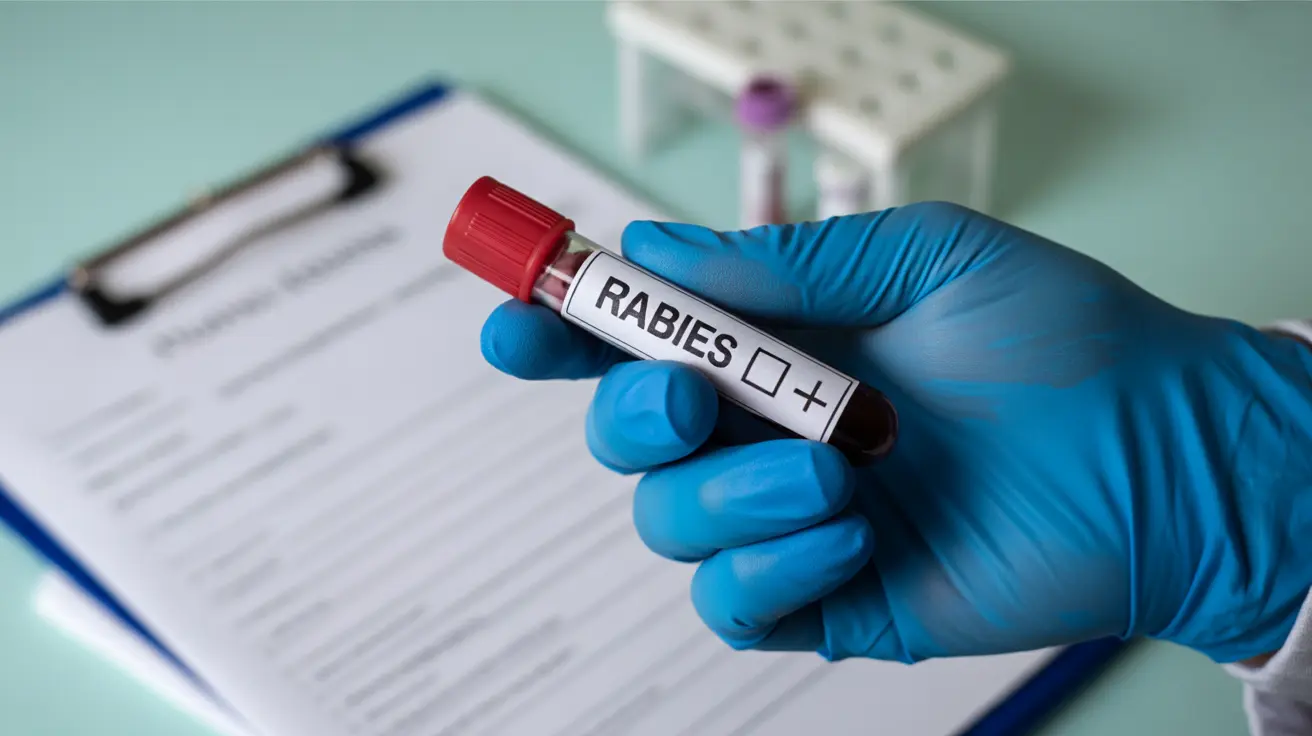Discovering whether your cat has hearing loss can be challenging, especially since our feline friends are masters at adapting to sensory changes. As responsible pet parents, understanding the signs of deafness in cats is crucial for providing the best possible care and ensuring their safety and well-being.
In this comprehensive guide, we'll explore the various ways to identify hearing loss in cats, understand its causes, and learn how to support a deaf cat effectively. Whether you're concerned about your pet's hearing or simply want to be better informed, this article will provide you with the essential knowledge you need.
Common Signs of Feline Deafness
Cats with hearing impairment often display distinct behavioral patterns that can help alert owners to potential hearing loss. Here are several key indicators to watch for:
Changes in Responsiveness
A deaf cat typically won't react to sounds that would normally grab their attention, such as:
- The opening of a treat bag or food container
- Their name being called
- Loud household noises
- The doorbell or knocking sounds
- Other pets' vocalizations
Altered Sleeping Patterns
Deaf cats often sleep more deeply and may be harder to wake up. They might appear startled when touched while sleeping, as they can't hear approaching footsteps or voices.
Vocal Changes
Cats with hearing loss frequently exhibit changes in their vocalization patterns:
- Louder than usual meowing
- More frequent vocalization
- Different pitch or tone in their meows
- Seemingly random meowing, especially at night
Testing Your Cat's Hearing at Home
While a professional diagnosis is essential, there are several ways to initially assess your cat's hearing at home:
The Noise Test
When your cat is relaxed or sleeping:
- Make a sudden loud noise (like clapping or jingling keys)
- Ensure you're out of their line of sight
- Observe their reaction (or lack thereof)
- Repeat the test at different times to confirm consistent results
Visual Dependency Test
Notice if your cat:
- Relies heavily on visual cues
- Follows other pets' reactions to sounds
- Seems more attentive to vibrations
- Watches your face and hands more intently than before
Understanding the Causes of Feline Deafness
Hearing loss in cats can occur for various reasons, including:
Congenital Causes
Some cats are born deaf, particularly:
- White cats with blue eyes
- Certain breeds with genetic predispositions
- Cats with specific coat color patterns
Acquired Causes
Hearing loss can develop over time due to:
- Age-related deterioration
- Ear infections or inflammation
- Trauma or injury
- Exposure to loud noises
- Certain medications
- Tumors or growths in the ear canal
Supporting Your Deaf Cat
Once you've identified hearing loss in your cat, there are several ways to help them thrive:
Safety Measures
- Keep them indoors to protect from outdoor hazards
- Use visual cues for communication
- Maintain consistent routines
- Install motion-sensor lights if needed
- Use vibrating collars for training (if appropriate)
Environmental Enrichment
- Provide plenty of visual stimulation
- Use toys that engage other senses
- Create safe spaces and climbing opportunities
- Maintain predictable furniture arrangements
Frequently Asked Questions
How can I tell if my cat is deaf using simple tests at home?
You can test your cat's hearing by making unexpected noises when they're not looking at you, such as clapping or rattling keys. If they consistently show no reaction to these sounds, they may have hearing loss. However, always confirm with a veterinarian for a proper diagnosis.
What are the common signs and behaviors that indicate a cat might have hearing loss?
Common signs include not responding to their name or loud noises, increased vocalization, being easily startled when approached, and sleeping more deeply than usual. They may also become more visually oriented and follow other pets' reactions to sounds.
What causes deafness in cats, and is it always permanent?
Deafness can be congenital (present at birth) or acquired through age, illness, or injury. While congenital deafness is permanent, acquired deafness might be reversible if caused by treatable conditions like infections or blockages.
How do veterinarians diagnose deafness in cats, and what tests are involved?
Veterinarians typically perform physical examinations, otoscopic evaluations, and may recommend a BAER (Brainstem Auditory Evoked Response) test, which is the most accurate method for diagnosing hearing loss in cats.
What are the best ways to care for and communicate with a deaf cat safely?
Establish visual cues for communication, maintain consistent routines, keep them indoors for safety, and use vibrations or light signals to get their attention. Create a predictable environment and ensure other family members know how to approach and interact with the cat safely.
Remember, if you suspect your cat might be deaf, always consult with a veterinarian for proper diagnosis and guidance on care. With proper attention and accommodations, deaf cats can lead happy, fulfilling lives as beloved family pets.






